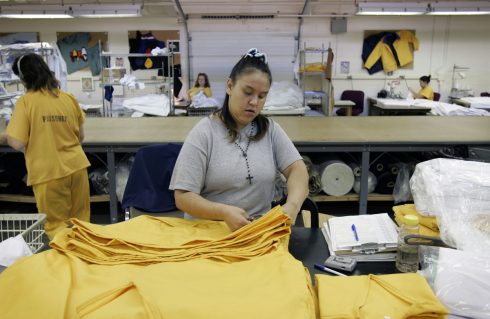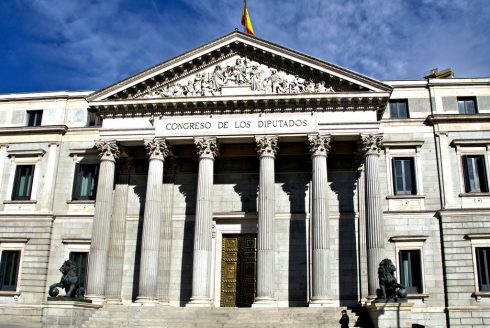THE Junta de Andalucia is working hard to create solutions to the growing issue of keeping the agricultural industry functioning during the coronavirus quarantine.
By its very nature, the agricultural sector, specifically field work, is a very social industry, with many workers car-sharing and often working within close proximity to one another.
Many rural communities who are abiding by the strict guidelines of the curfew have lamented the field and olive workers for not following the rules, and often travelling four or five to a car and sitting around having lunch together.
However, workers unions and the Agricultural Board of Andalucia recognise that the farming industry cannot simply stop, as the supermarkets and local stores need their deliveries of fresh fruit and vegetables.
Junta boss Juanma Moreno, who chairs the Board of Agriculture, announced that the Andalucian Government is working hard to come up with solutions to the issue to better control the transport and working conditions of the industry.

One possible solution is the possible use of school buses, currently sidelined, to transport workers to their employment.
“We are currently paying the bus companies for their vehicles and drivers so that they do not go bankrupt, but because there are no schools open they are not in use so this seems like a logical solution,” explained Moreno.
“This idea lets us properly control the number of workers being transported and allows us to properly measure symptoms and human contact throughout the commuting process.”
While the Junta is not in favour of a complete shutdown of farming, he is very keen on adopting stricter regulations similar to that of air travel.
“We are very much in favour of keeping the industry running but under stricter ‘strategic production systems’ similar to the airports here in Spain.”
However during the interview, he used the opportunity to criticise the lacklustre approach that air travel companies and airports are currently taking towards travel.
“We are also in favour of closing airports and ports and leaving them only open for freight traffic.”










